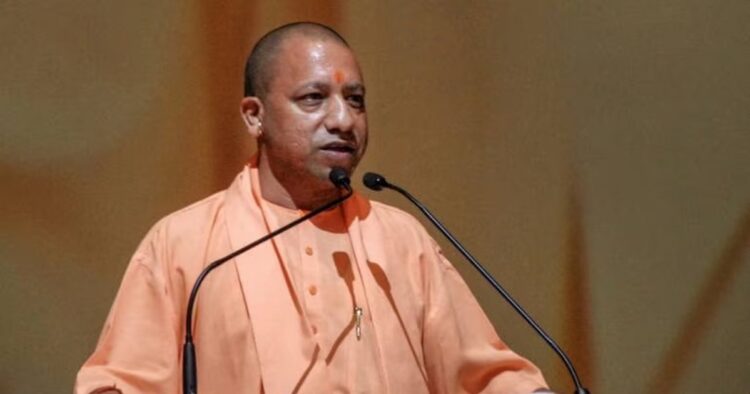In a recent development, the Allahabad High Court has taken action against remarks made by an additional district judge regarding Uttar Pradesh Chief Minister Yogi Adityanath in connection with the 2010 Bareilly riots case. The judge’s remarks, which praised Adityanath and drew comparisons to the ‘Philosopher King’ concept from Plato’s ‘Republic’, have been deemed “unwarranted” and containing “political overtones and personal views.”
During a hearing on March 5, ADJ Ravi Kumar Diwakar of the fast track court in Bareilly had lauded Yogi Adityanath, referring to him as an exemplary religious figure holding a position of power. Diwakar’s remarks, now expunged by the court, highlighted Adityanath’s role as the head of the Gorakhnath Temple and his demonstration of sacrifice and dedication.
The court’s decision to expunge these remarks was accompanied by a directive to send a copy of the order to Chief Minister Yogi Adityanath. This action aims to prompt action against senior officials in Bareilly for their alleged omission of U.P. cleric Tauqeer Raza’s name from the chargesheet of the 2010 riots case, despite sufficient evidence.
Explaining its decision, the Allahabad High Court emphasized the importance of judicial orders being clear and devoid of tangential or extraneous observations. The court highlighted the potential for such remarks to be misconstrued by the public, underscoring the need for judicial officers to exercise caution and focus solely on the core issue at hand.
The Bareilly riots of 2010 were sparked by a clash between two groups, allegedly aggravated by an inflammatory speech delivered by Tauqeer Raza. Subsequent violence resulted in the torching of a police post and houses belonging to certain community members, leading to a 27-day curfew imposition in the city.
The court’s intervention underscores the judiciary’s commitment to upholding impartiality and ensuring that legal proceedings remain free from any perceived bias or undue influence. This move serves to reinforce the principle of fair and transparent dispensation of justice, particularly in cases as sensitive as communal violence.

















Comments